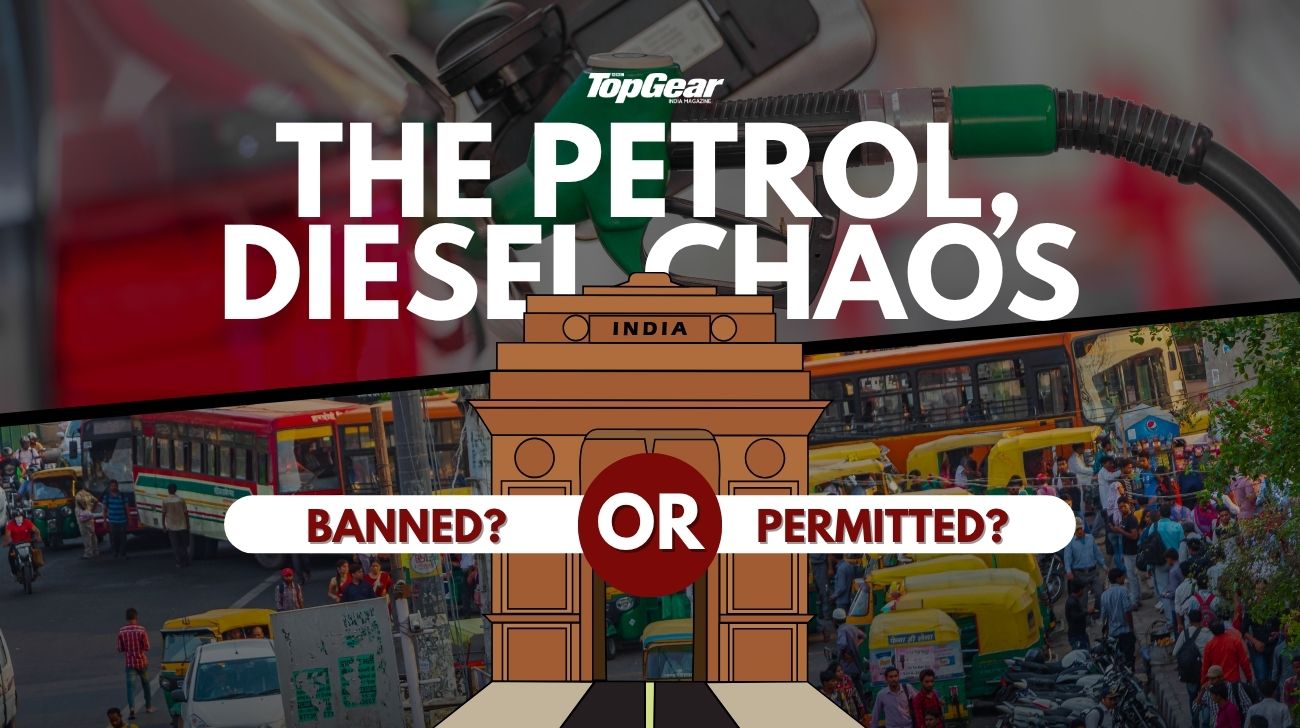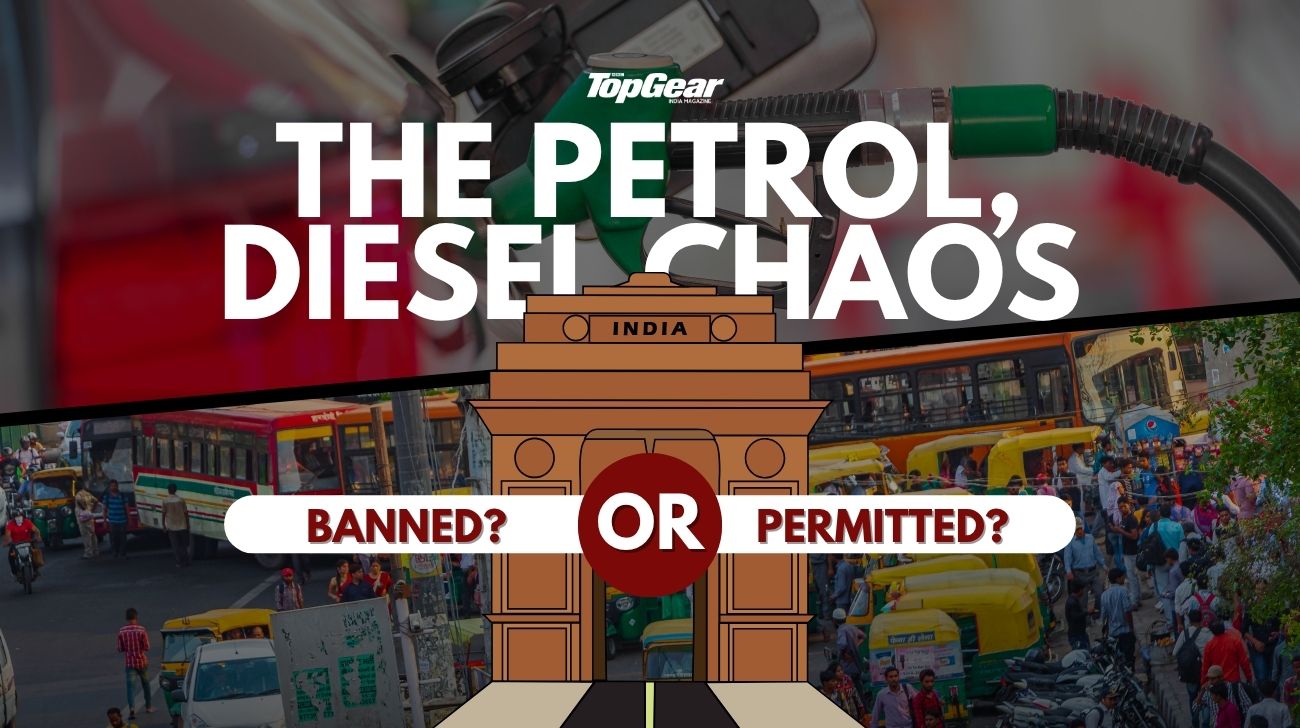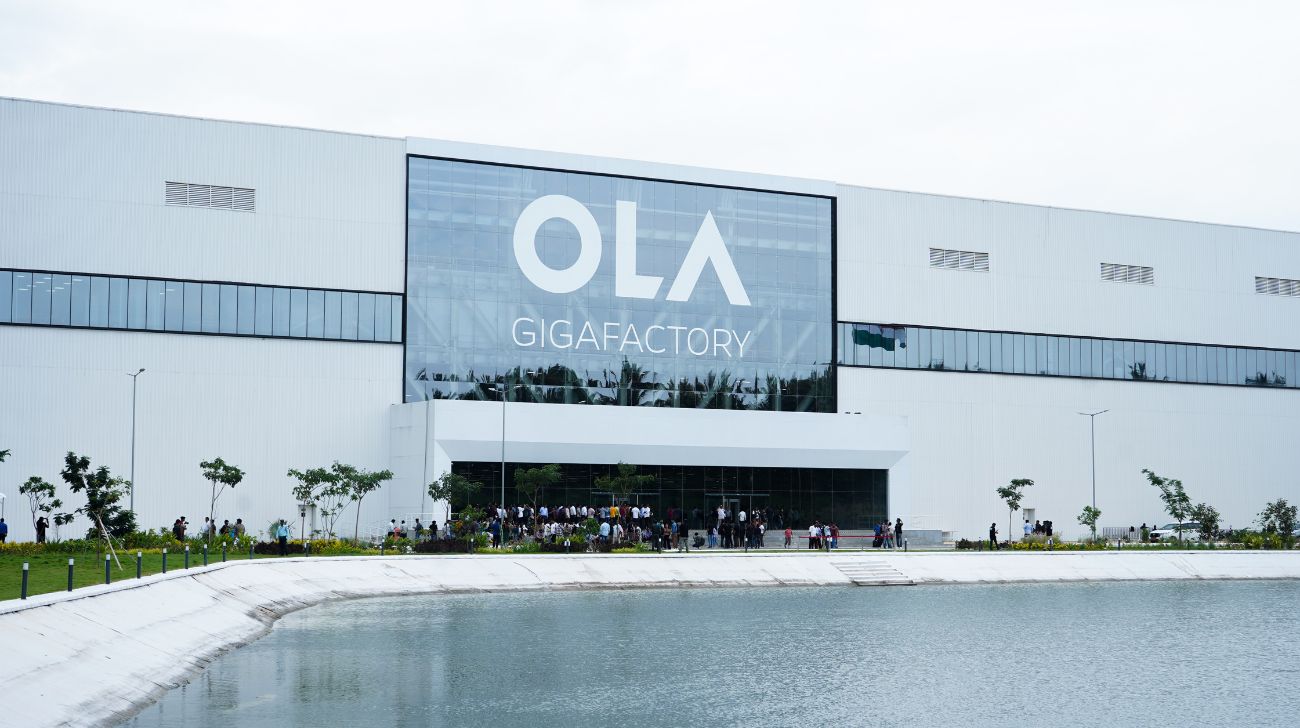In a policy reversal as swift as a supercar's 0-100 sprint, the Delhi government has slammed the brakes on its controversial fuel ban for older vehicles. Just days after new rules threatened to leave petrol cars over 15 years old and diesel vehicles over a decade dry at the pumps, authorities have hit reverse, offering a massive reprieve to millions of capital car owners.
This wasn't just a tweak; it was a full-blown policy handbrake turn. For a terrifyingly brief moment, Delhi's roads faced a mass automotive extinction, impacting an estimated 62 lakh vehicles, including the crucial 41 lakh two-wheelers that are the city's lifeblood.
The Short-Lived Crusade
The ban, stemming from older directives by the National Green Tribunal (2014) and reinforced by the Supreme Court (2018), was an attempt to tackle Delhi's infamous air pollution. The logic was simple: older cars often emit more pollutants. Therefore, remove them.
-
The Commission for Air Quality Management (CAQM) had issued Direction No. 89, demanding fuel stations refuse 'end-of-life' (EOL) vehicles from July 1, 2025.
-
Automated Number Plate Recognition (ANPR) cameras were rapidly deployed at pumps, ready to enforce the ban.
-
The sight of a perfectly functioning, PUC-certified car being denied fuel quickly sparked widespread outrage.
Public Outcry: The People's Power Steering
The public reaction wasn't just a grumble; it was a roar. Imagine owning a cherished family car, a significant investment in India, only to be told it's suddenly worthless due to a date stamp.
-
Reports of owners being forced into distress sales for peanuts emerged.
-
Opportunistic resellers from neighbouring states swooped in, exploiting the desperate situation.
-
The core argument: If vehicles are PUC-certified (Pollution Under Control), why are they being banned? This questioned the very credibility of the existing pollution checks.
Economic Impact: A Roadblock for Recovery
From an automotive perspective, this ban was a significant, albeit fleeting, headache. India's auto sector faces high taxes, making new vehicle purchases a major undertaking.
-
Forcing millions to replace vehicles overnight would have been an economic catastrophe for households.
-
The abruptness and lack of viable alternatives meant the ban was punitive, not incentivising.
-
The Delhi government conceded the "premature and impractical" nature of the ban and the "technological challenges" of ANPR.
-
A key point: Pollution doesn't respect city limits. A ban in Delhi meant vehicles could simply fuel up across the border.
A Breath of (Relatively) Cleaner Air
The ban's quick reversal is a clear win for common sense and public opinion. While aiming for cleaner air is vital, the approach was like trying to fix a flat with a sledgehammer. Effective environmental policies need thought, phasing, and an understanding of socio-economic realities.
-
The Delhi government has formally requested CAQM to suspend the order.
-
They've hinted at a new, nuanced approach, potentially focusing on seizing poorly maintained vehicles, not just old ones.
What Now? The Road Ahead
For now, Delhi's older cars and bikes can breathe easy. But this isn't an 'all clear' forever. Delhi's air pollution problem remains serious, and further action is inevitable.
-
Don't take impulsive actions regarding your vehicle.
-
Keep your vehicles well-maintained and PUC certificates current.
-
Stay informed. In the unpredictable world of Delhi's automotive regulations, the only constant is change, and quite possibly, another dramatic U-turn.






